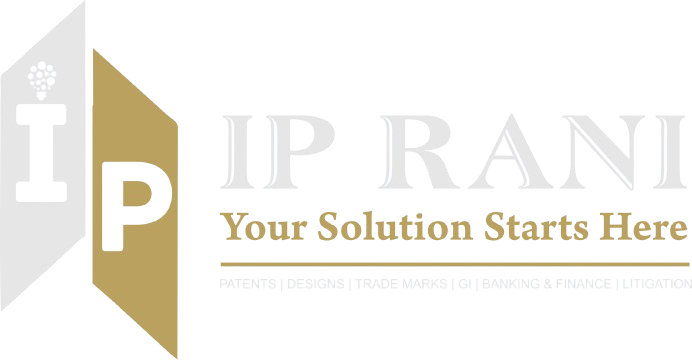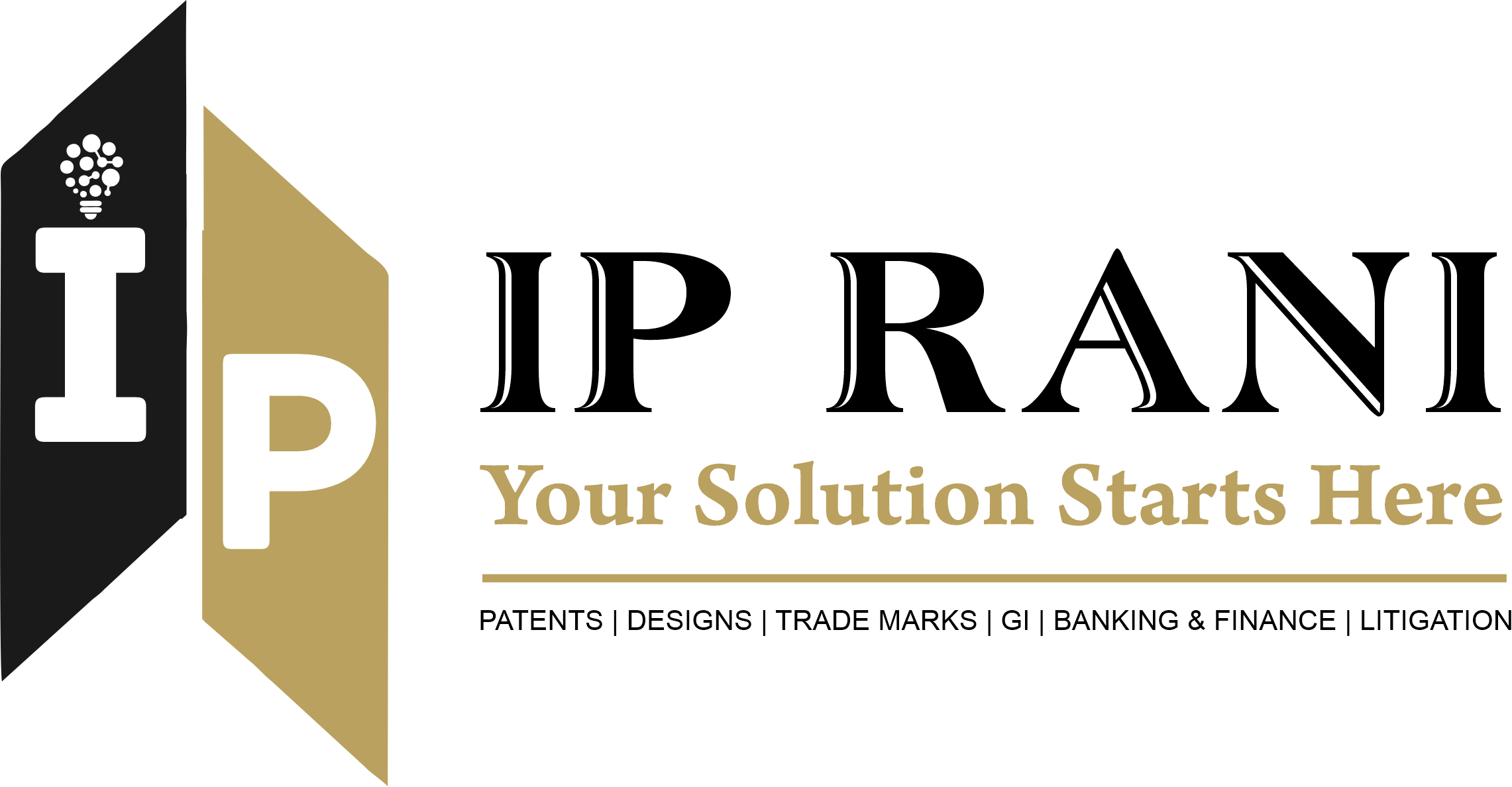What is Trademark Litigation?
Trademark litigation involves legal proceedings initiated to resolve disputes related to the infringement or misuse of a trademark. These disputes can be between two parties over the rights to a trademark, or they can involve issues of trademark infringement, passing off, or dilution. Trademark litigation typically takes place in a court of law and can result in various legal remedies, including injunctions, damages, and orders for the destruction of infringing goods.
Why is Trademark Litigation Required?
Trademark litigation is necessary for several reasons:
1. Protection of Intellectual Property:
- Ensures that the trademark owner’s exclusive rights to use the mark are upheld and protected from unauthorized use by others.
2. Preventing Consumer Confusion:
- Stops the use of similar trademarks that could confuse consumers about the source of goods or services.
3. Maintaining Brand Reputation:
- Protects the brand’s reputation by preventing others from using similar marks that could damage the brand’s image.
4. Legal Remedies:
- Allows trademark owners to seek legal remedies such as damages for losses incurred due to trademark infringement and injunctions to prevent further misuse.
5. Deterrence:
- Acts as a deterrent to potential infringers who might otherwise engage in unauthorized use of the trademark.
Conditions of Trademark Litigation
1. Trademark Infringement:
- Unauthorized use of a trademark that is identical or confusingly similar to a registered trademark in relation to goods or services that are identical or similar to those for which the trademark is registered.
2. Passing Off:
- Using a trademark or trade dress that misleads consumers into believing that the goods or services are associated with another brand.
3. Trademark Dilution:
- Use of a trademark that diminishes the uniqueness or reputation of a famous trademark, even if there is no likelihood of confusion.
4. Jurisdiction and Venue:
- Filing the lawsuit in a court that has the authority to hear the case, typically where the infringement occurred or where the defendant is located.
5. Evidence of Use:
- Demonstrating prior use of the trademark and evidence of the infringing use by the defendant.
6. Damages and Remedies:
- Seeking various remedies such as monetary damages, injunctions to stop the infringing activity, and orders for the destruction of infringing goods.
Why Are Professionals Required for Trademark Litigation?
- Engaging professionals such as trademark attorneys is crucial in trademark litigation due to the following reasons:
1. Expertise in Trademark Law:
In-depth Knowledge:
- Attorneys have specialized knowledge of trademark laws, regulations, and relevant case law.
Complex Legal Issues:
- They can navigate the complex legal issues that often arise in trademark disputes.
2. Strategic Legal Advice:
Litigation Strategy:
- Professionals can develop and implement effective litigation strategies tailored to the specifics of the case.
Risk Assessment:
- They can assess the strengths and weaknesses of a case, helping clients make informed decisions.
3. Evidence and Documentation:
Evidence Gathering:
- Attorneys know how to gather and present evidence effectively to support their client’s position.
Document Preparation:
- They prepare all necessary legal documents, ensuring they comply with procedural requirements.
4. Court Representation:
Advocacy:
- Attorneys represent clients in court, presenting arguments, examining witnesses, and making submissions to the judge.
Negotiations:
- They can negotiate settlements or other resolutions to avoid prolonged litigation.
5. Procedural Compliance:
Adherence to Deadlines:
- Ensuring that all filings and responses meet court deadlines.
Understanding Procedures:
- Familiarity with court procedures and protocols.
6. Higher Success Rates:
Track Record:
- Experienced attorneys often have a track record of successful outcomes in trademark litigation cases.
Conclusion
- Trademark litigation is a critical process for resolving disputes related to trademark infringement and protecting intellectual property rights. It is required to uphold trademark rights, prevent consumer confusion, maintain brand reputation, and seek legal remedies. Engaging professionals is essential due to their expertise in trademark law, ability to provide strategic legal advice, effective evidence gathering, procedural compliance, and representation in court. The conditions for trademark litigation include proving infringement, passing off, dilution, and meeting jurisdictional requirements.
We provide diverse services in the Trademark field including:
- Trademark Searches in more than 100 countries
- Proprietor/ Owner/ Applicant searches
- Drafting specification of goods and services
- Trademark Application
- International Registration under Madrid Agreement
- Convention Trademark Filing in other countries
- International Registrations (IR) designating India
- Provisional Refusals response and handling
- Trademark prosecution
- Trademark registration
- Trademark watch in more than 100 countries
- Response to Office Action
- Trademark hearings
- Renewal services
- Portfolio Management
- Assignment Recordals
- Licensing and Recordals
- Due Diligence
- Trademark Oppositions
- Trademark Cancellations


